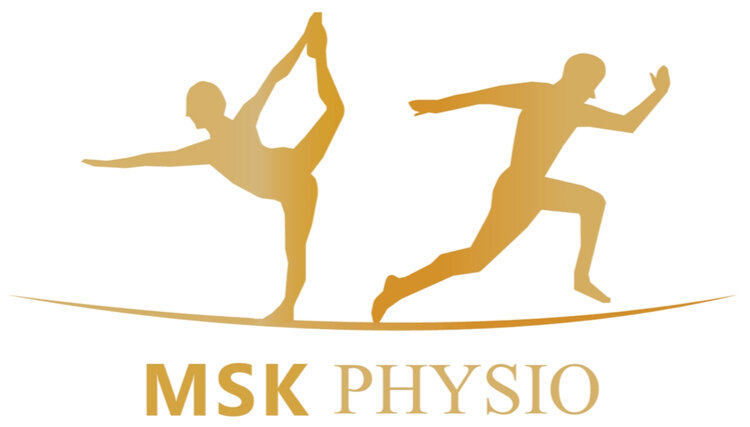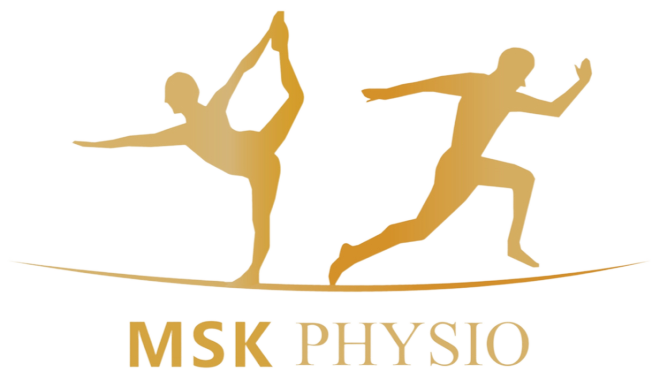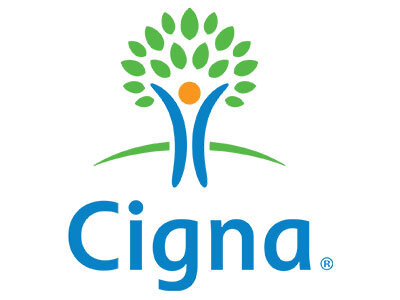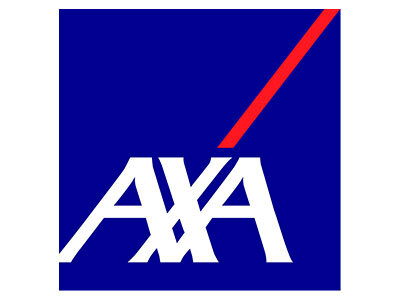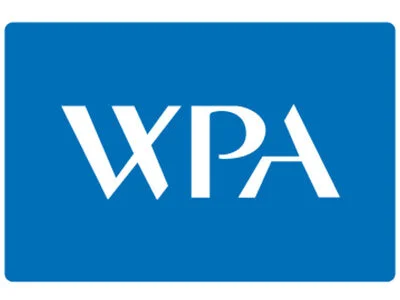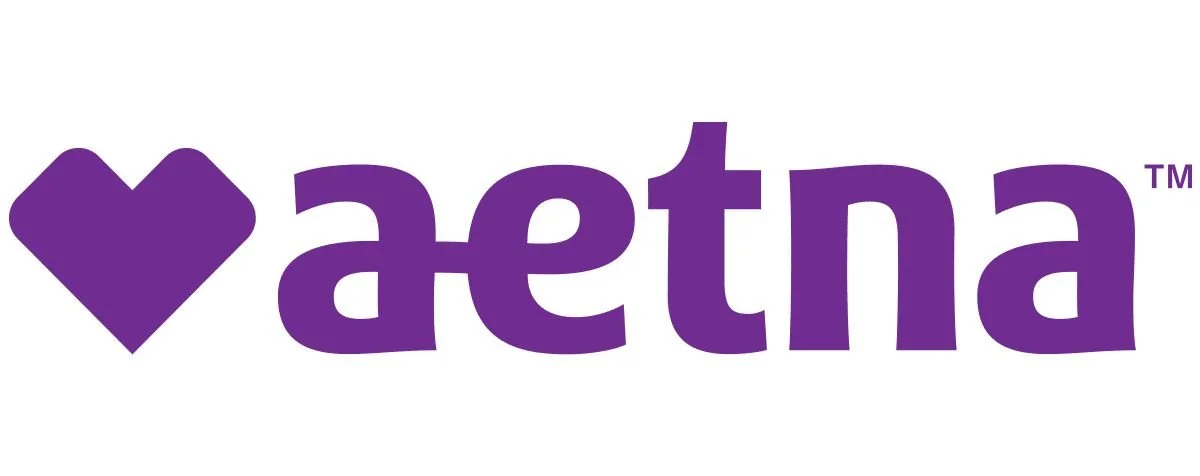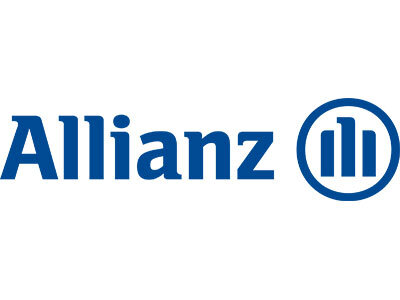ACL Rehabilitation London
Expert Physiotherapy for ACL Injuries
An Anterior Cruciate Ligament (ACL) injury is one of the most common and impactful knee injuries, particularly in sports. The ACL is a major ligament in the knee that provides stability by preventing excessive forward movement of the tibia relative to the femur and controlling rotational movements.
If you’ve suffered an ACL injury, you understand how difficult it can be to restore strength, mobility, stability, and confidence in movement. Recovering from an anterior cruciate ligament tear or reconstruction requires a structured rehabilitation plan guided by experienced professionals.
At MSK Physiotherapy, our specialist Physiotherapists have extensive experience treating ACL injuries—from moderately active clients to elite-level athletes. We design tailored rehabilitation plans that focus on:
Regaining strength and stability
Improving mobility and flexibility
Restoring sport-specific performance
Avoiding re-injury
Treatment Options:
Conservative Management: In some cases, especially for minor tears or partial ACL injuries, conservative treatments such as physiotherapy and tailored rehabilitation may be sufficient. Physiotherapy aims to strengthen the muscles around the knee to provide better support and stability as well as working on the range of movement at the knee joint.
Surgical Intervention: Complete ACL tears in majority cases require surgical reconstruction, especially for individuals who wish to return to sports or activities that involve pivoting and cutting movements at a high level.
Rehabilitation: Whether treated conservatively or surgically, physiotherapy treatment and gradual rehabilitation plays a crucial role in recovery. Rehabilitation focuses on restoring strength, flexibility, balance, and proprioception to the knee joint. It typically involves a structured program supervised by an experienced physiotherapist working with ACL injuries.
Rehabilitation Phases:
Phase 1 (0-6 weeks): Focus on reducing swelling, regaining range of motion, and weight-bearing ability.
Phase 2 (6-12 weeks): Strengthening exercises with focusing on the quadriceps, hamstrings, and core.
Phase 3 (3-6 months): Proprioception, balance training, and sport-specific drills.
Phase 4 (6-12 months): Gradual return to sport or high-impact activities.
Diagnosis:
History taking of the incident (onset, mechanism, symptoms) and Physical Examination (hands on testing, mobility, strength, and stability, and performing additional special tests).
Imaging:
MRI scan may help confirm an ACL tear and look into other areas which may be damaged (e.g., meniscus, cartilage, ligaments).
X-ray: Rules out fractures.
Causes:
Sudden changes in direction or stopping (common in sports like soccer, basketball, or skiing).
Direct impact to the hip or knee.
Landing awkwardly from a jump.
Overstretching or hyperextending the knee.
Signs & Symptoms:
Immediate pain - often severe
Hearing or feeling a pop port during the injury.
Rapid swelling within a few hours due to bleeding inside the joint.
Feeling of the knee “giving way” or buckling during activity, instability.
Reduced range of motion at the knee
We are registered and approved by major private medical insurers (If your insurance is not listed below, please contact us as this is not the full list). Bupa Global, HealthShield, AXA PPP, Aetna, Cigna, Aviva, SimplyHealth, Allianz, WPA and more. Our specialists are registered with the the Health and Care Professions Council (HCPC) and the Chartered Society of Physiotherapy (CSP).
We work collaboratively with recognised consultants and specialists from top hospitals (The London Clinic, LIPS, Schoen Clinic, King Edward VII, HCA Healthcare, Fortius Clinic) in order to provide the most effective treatments. We are also able to arrange referrals for medical scans or further examination if required. Throughout the recovery process, client’s will be monitored by regular assessments. Follow up appointments with consultants may be required in order to continue a safe and progressive physiotherapy plan.
